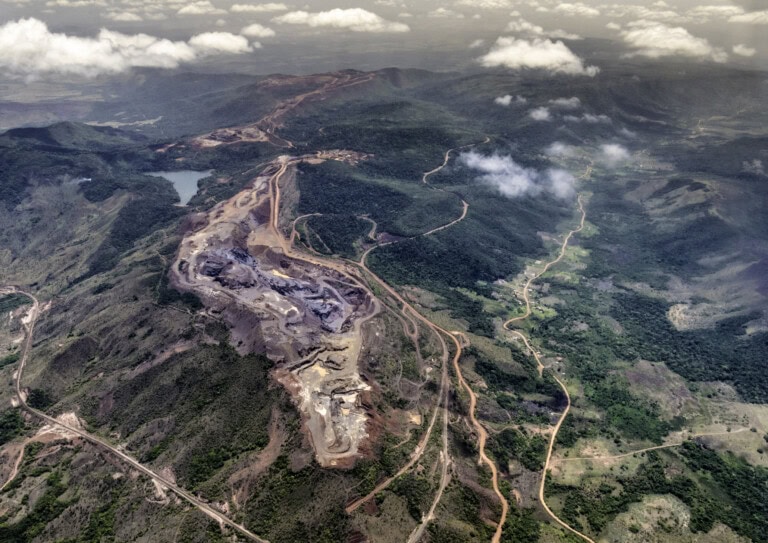It’s Time to Think Big: Let’s Make Every Building Green

The year ahead holds many challenges, not least recovering from the coronavirus pandemic and drastically reducing carbon emissions to respond to the climate crisis. The decisions we make today will affect us for many years to come.
In 2019, the UK Government committed to reaching net zero carbon by 2050. Whilst we are making some progress towards this goal, the UK Climate Change Committee (CCC) estimates that as a nation we are still a long way off meeting carbon targets. We all know that the built environment is a major contributor to greenhouse gas emissions, with buildings contributing around 40% to the UK’s total carbon footprint. It’s time for our industry to be at the forefront of the movement to reduce carbon.
Many initiatives have been set up to drive progress on sustainability in the real estate and construction sector, but here is a simple truth: making every building green is the only way we will ever come close to achieving the carbon reductions we need. That means tackling buildings of all types and ages, wherever they are located, not just a company’s headquarters or flagship building. It also means addressing existing buildings with the same commitment and resolve as new buildings. Companies can’t just focus on developing new sustainable developments– they also need to address their existing stock.
There are many good individual examples of green buildings, but we are lacking scale. This phenomenon isn’t just in the UK but something happening across the world. The slow uptake is caused by several factors, not least the perception that implementing green buildings at scale is complicated and resource-intensive, with limited returns.
The good news is that the tide is changing. Companies around the world are thinking beyond individual buildings and committing to greening their entire portfolios. Lidl Danmark, for example, recently certified their portfolio of 119 stores across Denmark and WDP certified 48 warehouse sites across Romania. Closer to home, UKGBC member Etopia Homes just made an announcement as the first residential developer to commit to zero carbon.
In all of these cases, the companies are using EDGE (Excellence in Design for Greater Efficiencies) green building certification. EDGE was created by IFC, a member of the World Bank, to transform the global built environment. It is a combination of a free App, a green building standard and a certification scheme. Focusing exclusively on efficiency measures, EDGE enables companies to quantify their impact and focus on improvements to reach net zero carbon. Tools such as the EDGE App enable users to understand the possibilities for upgrading and refurbishing existing buildings (or designing new buildings), the carbon and cost implications of each of these options – creating a quantifiable roadmap to zero carbon for any building.
Certification provides independent recognition and assurance that green building measures are being implemented. Within its net zero carbon framework, UKGBC is rightly placing strong emphasis on independent verification to credibly demonstrate credentials and avoid greenwashing. Implementing green buildings at scale is beneficial for the planet, but also brings additional value to companies. Portfolio certification, for example, helps to unlock green financing opportunities, which are starting to drive improvements in the carbon performance of the built environment. Portfolio certification can also improve ESG ratings, facilitate impact reporting and increase GRESB points. And that’s all on top of the typical value of green buildings certification.
So where do we go from here? At time of writing, over 40 UKGBC members have signed up to the World GBC’s Net Zero Carbon Buildings Commitment and the UK represents almost a third of all signatories from around the world, which is a statistic to be proud of. It is also great that we’re now seeing practical and demonstrable action plans from these organisations to address buildings at scale – as well as, of course, greater uptake from those who have not yet signed!
Achieving net zero at scale is a realistic proposal, and it is the only way we are going to combat climate change and bring about the green recovery we need. It’s up to us to make it happen.
Related
Navigating the challenges around hard-to-recycle materials

What are the environmental impacts of construction materials? An introduction to Embodied Ecological Impacts

Why is social value so crucial when developing and managing commercial real estate?

Biodiversity Net Gain: Are you ready for the incoming legislation?

